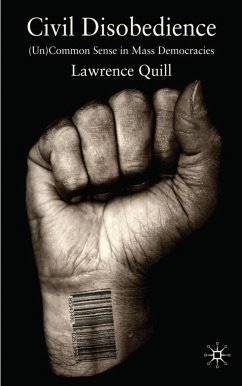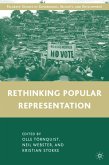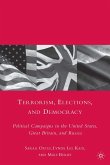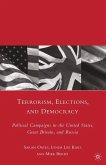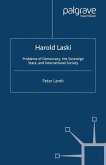What role might civil disobedience play in the politics of representative democracies as power 'leaks' from the nation state? If traditional politics has surrendered to the interests of global corporations what are the consequences? Quill proposes a reappraisal of civil disobedience and civil obedience in order to address these and other questions.
'Quill's cosmopolitan and cultural view on civil disobedience is a crucial contribution in a field traditionally focusing on the nation state and state theory. With a critical and reflective style he relates disobedience to a broad selection of social theories, introduces disobedience as 'rupture' and creates a unique history of ideas.' - Dr Stellan Vinthagen, Senior Lecturer, School of Global Studies, Gothenburg University, Sweden
'This book fills a pressing gap in the literature. One of the most appealing aspects of Uncommon Sense is the author's highly accessible yet thorough history of the political constitution of civil disobedience and social order. Well written and highly relevant the book provides an unparalleled contextualization of the subject in an era of intensifying globalization. Tracing the dialectics of (political) power and authority on one side and the individual and collective imagination on the other Uncommon Sense . Written in a compelling and thought provoking manner this book should be compulsory reading for all upper level undergraduate, graduate, and more generally individuals interested in social order and social transformation.' Hasmet M. Uluorta, Visiting Assistant Professor, Department of International Studies, University of Miami, USA
'This book fills a pressing gap in the literature. One of the most appealing aspects of Uncommon Sense is the author's highly accessible yet thorough history of the political constitution of civil disobedience and social order. Well written and highly relevant the book provides an unparalleled contextualization of the subject in an era of intensifying globalization. Tracing the dialectics of (political) power and authority on one side and the individual and collective imagination on the other Uncommon Sense . Written in a compelling and thought provoking manner this book should be compulsory reading for all upper level undergraduate, graduate, and more generally individuals interested in social order and social transformation.' Hasmet M. Uluorta, Visiting Assistant Professor, Department of International Studies, University of Miami, USA

